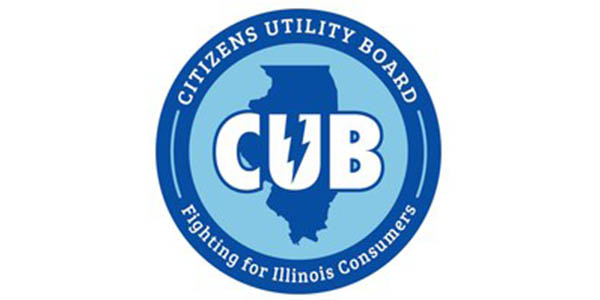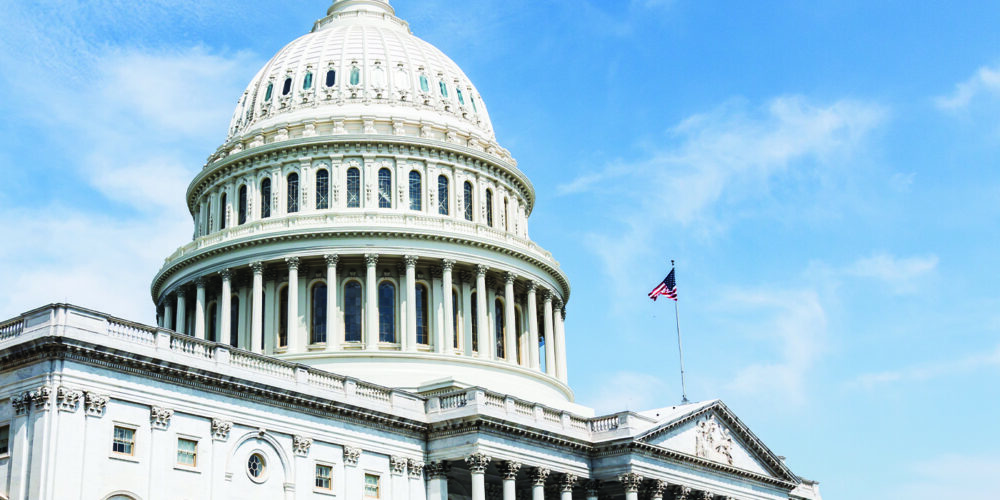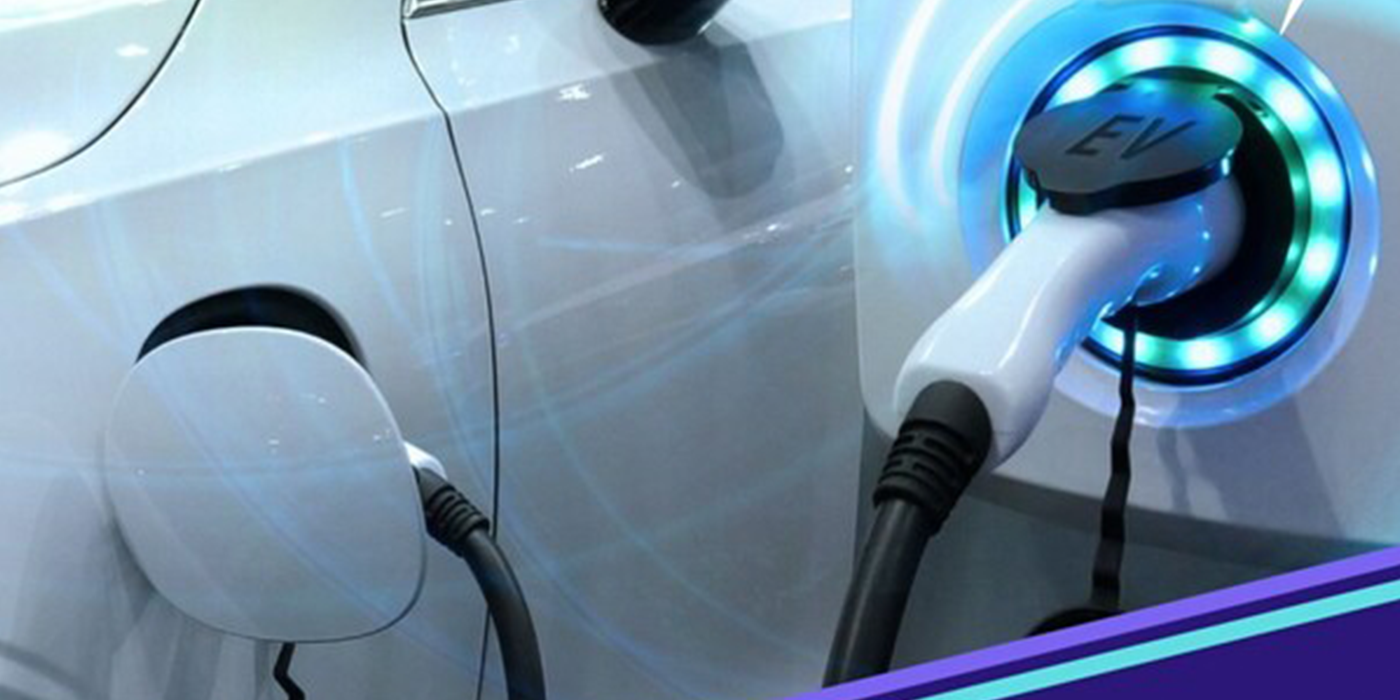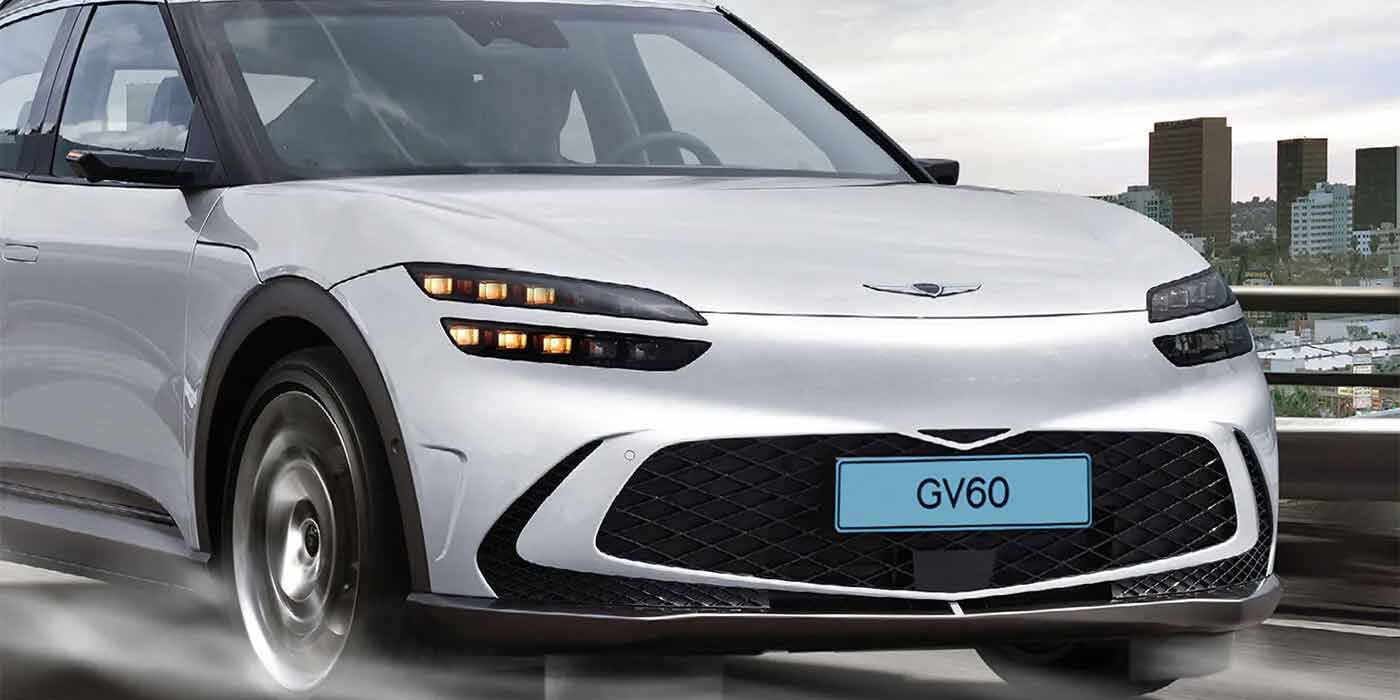Chicago recently joined a small circle of U.S. cities that are pioneering policies to prepare for the projected growth in electric vehicles (EVs), as the city council passed an ordinance that opens the door to cost-effective expansion of charging equipment in residential and commercial buildings.
The city council recently passed the Electric Vehicle Supply Equipment-Ready, or EVSE-Ready, ordinance. It vaults Chicago into the national forefront of cities preparing for a significant increase of EVs on American roadways, as more and more consumers move from traditional gas-powered cars to their battery-powered electric counterparts.
“As the cost of EVs decline and concerns about the fallout from climate change escalate, analysts have forecasted exponential growth in EVs over the next two decades, and Chicago must be ready,” said 42nd Ward Ald. Brendan Reilly, chief sponsor of the measure. “Readiness starts with ensuring our municipal code anticipates the need for charging resources and other assets that will optimize the performance of our transportation network and minimize costs for electricity consumers, as EVs proliferate.”
The Citizens Utility Board (CUB) has been a leading voice advocating for the measure. CUB research has demonstrated that the growth in EVs can unleash benefits for electricity consumers universally – even for those who don’t drive electric cars. Smart policies that encourage vehicle charging when hourly energy rates are cheapest can help manage costs for all consumers across the grid.
It’s also cost-effective for the buildings of the future, CUB Executive Director David Kolata said. He explained that the ordinance will prevent residential and commercial properties from having to endure costly retrofits in a future when EV demand requires charging equipment in every building.
“This is a giant step forward for Chicago, and it’s the kind of wise EV policy we need across Illinois,” Kolata said. “This is a perfect example of how clean energy policy reduces consumer costs. As a consumer advocacy group, we like this policy because it’s good for the pocketbook and the planet. We thank Mayor Lori Lightfoot and the city council for having the foresight to pass this pro-consumer measure.”
The ordinance updates Chicago’s municipal code to increase the number of private parking spaces equipped with EV-charging capacity. It would:
- Require a broader range of multi-unit residential and commercial properties to reserve on-site parking spaces for EVs.
- Boost the percentage of parking spaces that applicable property owners must designate for EVs.
- Change current standards in the code so that EV-designated parking spaces are no longer just “capable’ of providing charging capacity, but are, in fact, outfitted with plug-in equipment.
Under previous city requirements, all new residential construction consisting of at least 24 units was obligated to reserve no fewer than two parking spaces for EVs. The new ordinance would change those thresholds to require new residential construction consisting of at least five units to reserve no less than 20 percent of parking spaces for EVs.
Similarly, commercial properties with 50 or more on-site parking spaces were required to designate at least two slots for EVs. Under the new ordinance, commercial properties with at least 30 on-site parking spaces would have to allocate at least 20 percent to EVs.
The new ordinance takes effect in the fall.













